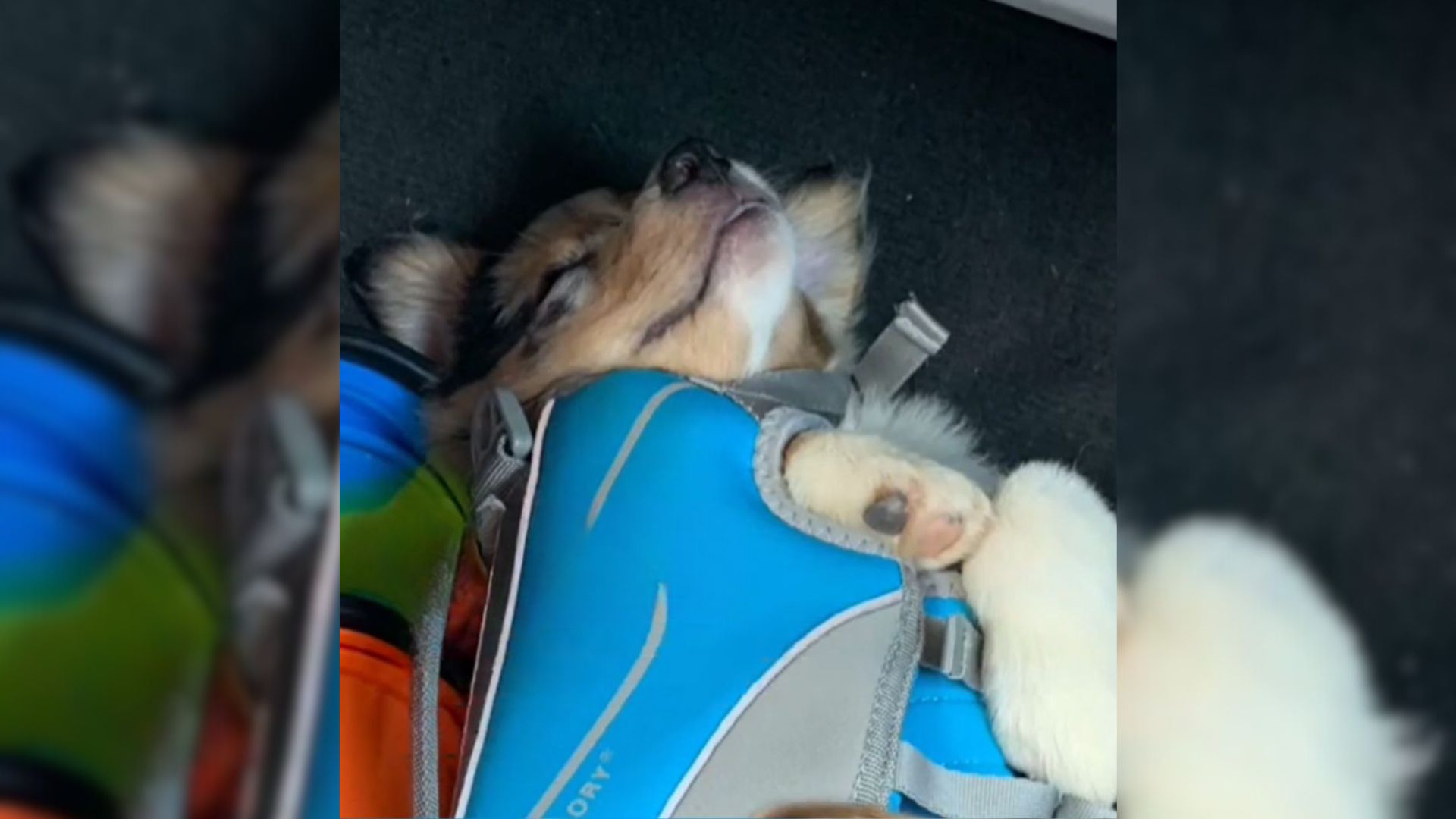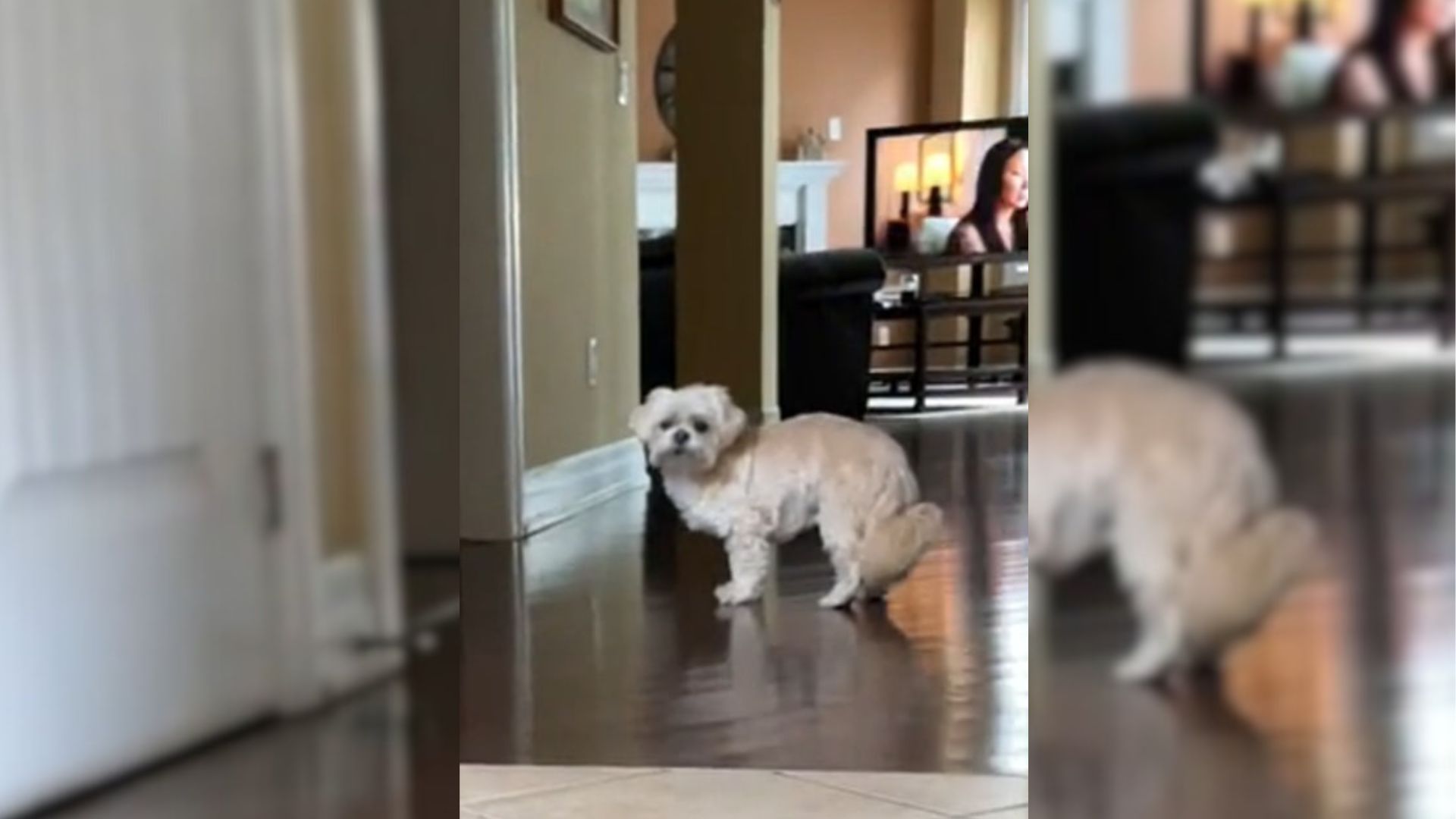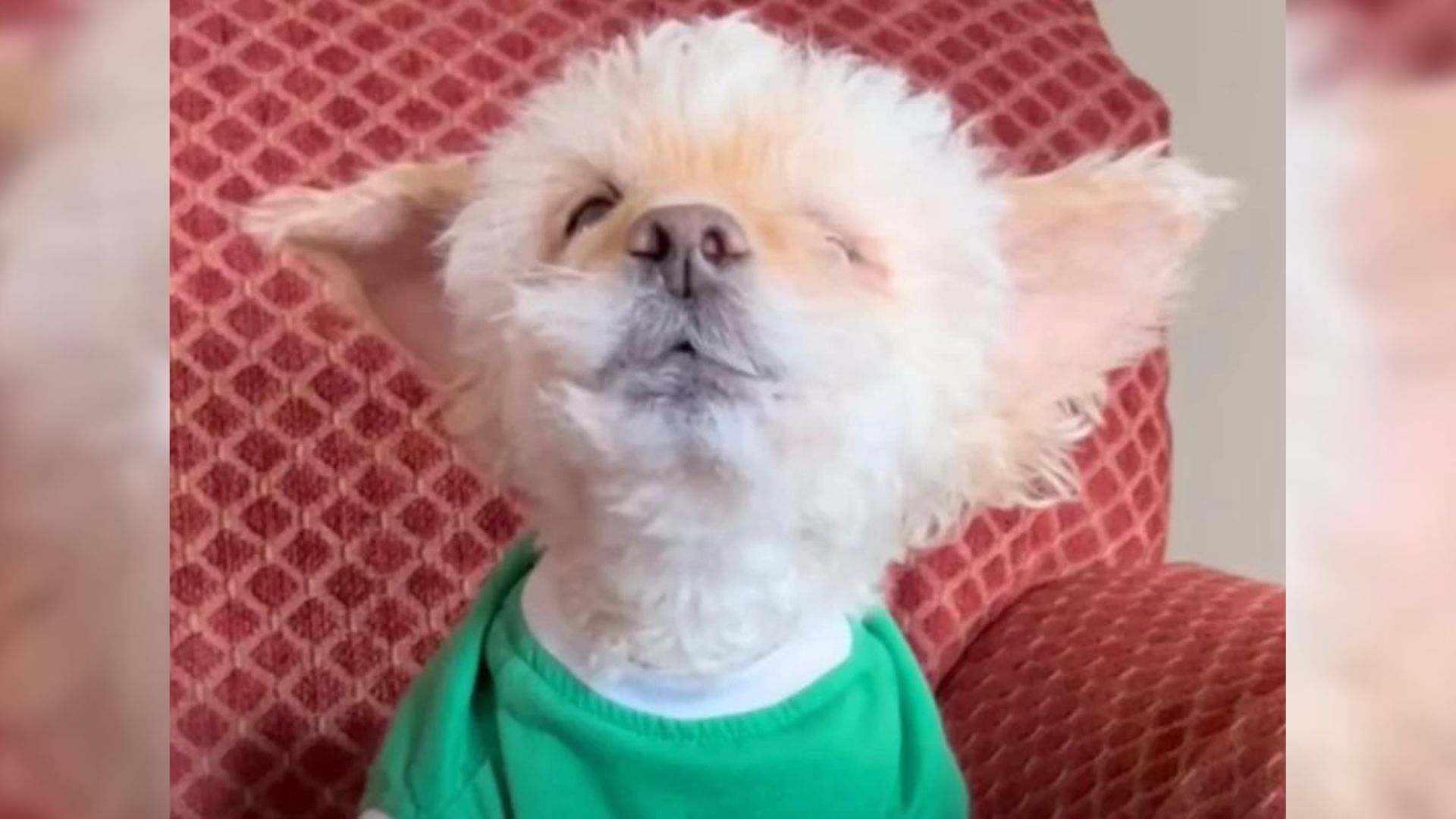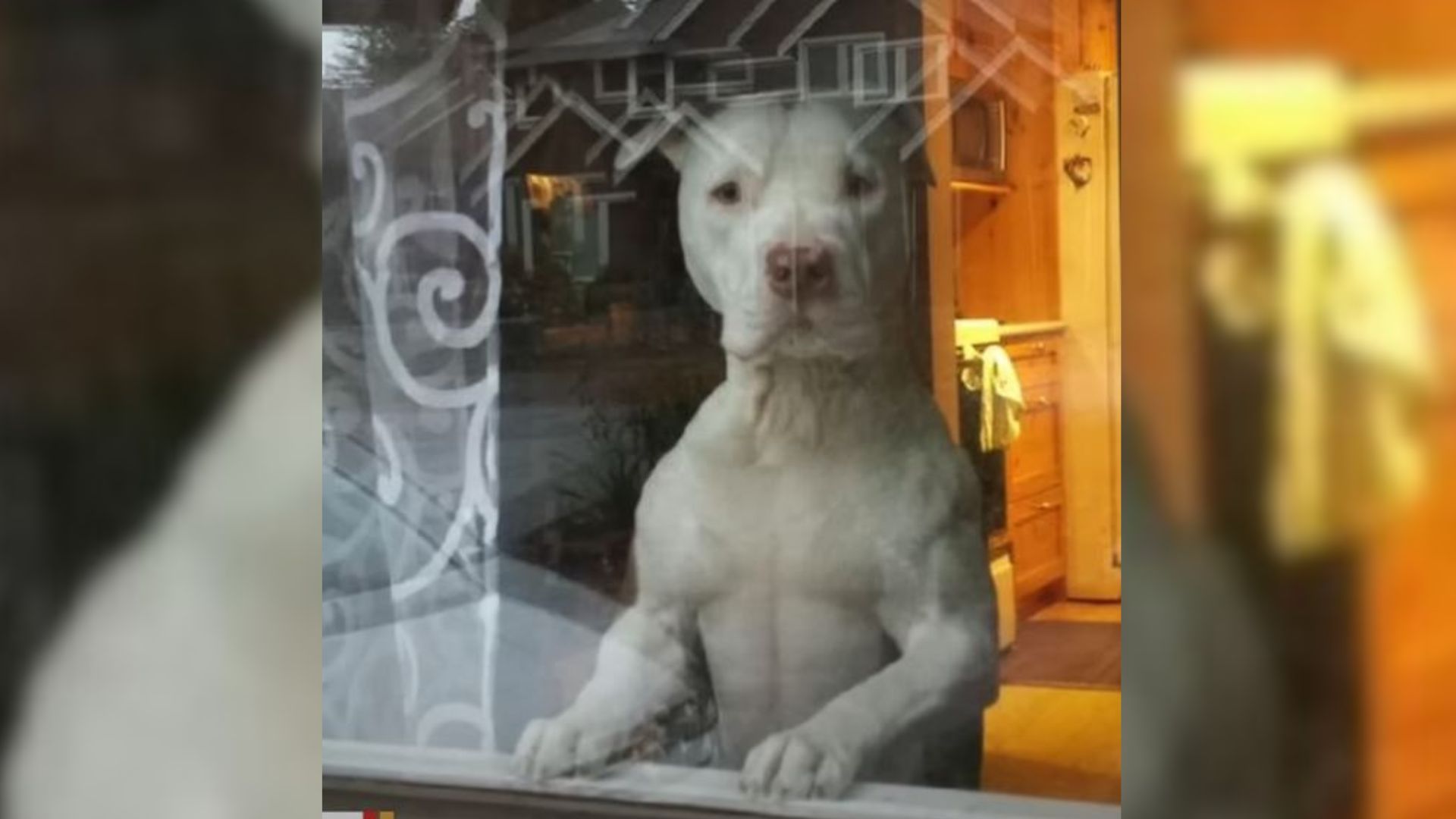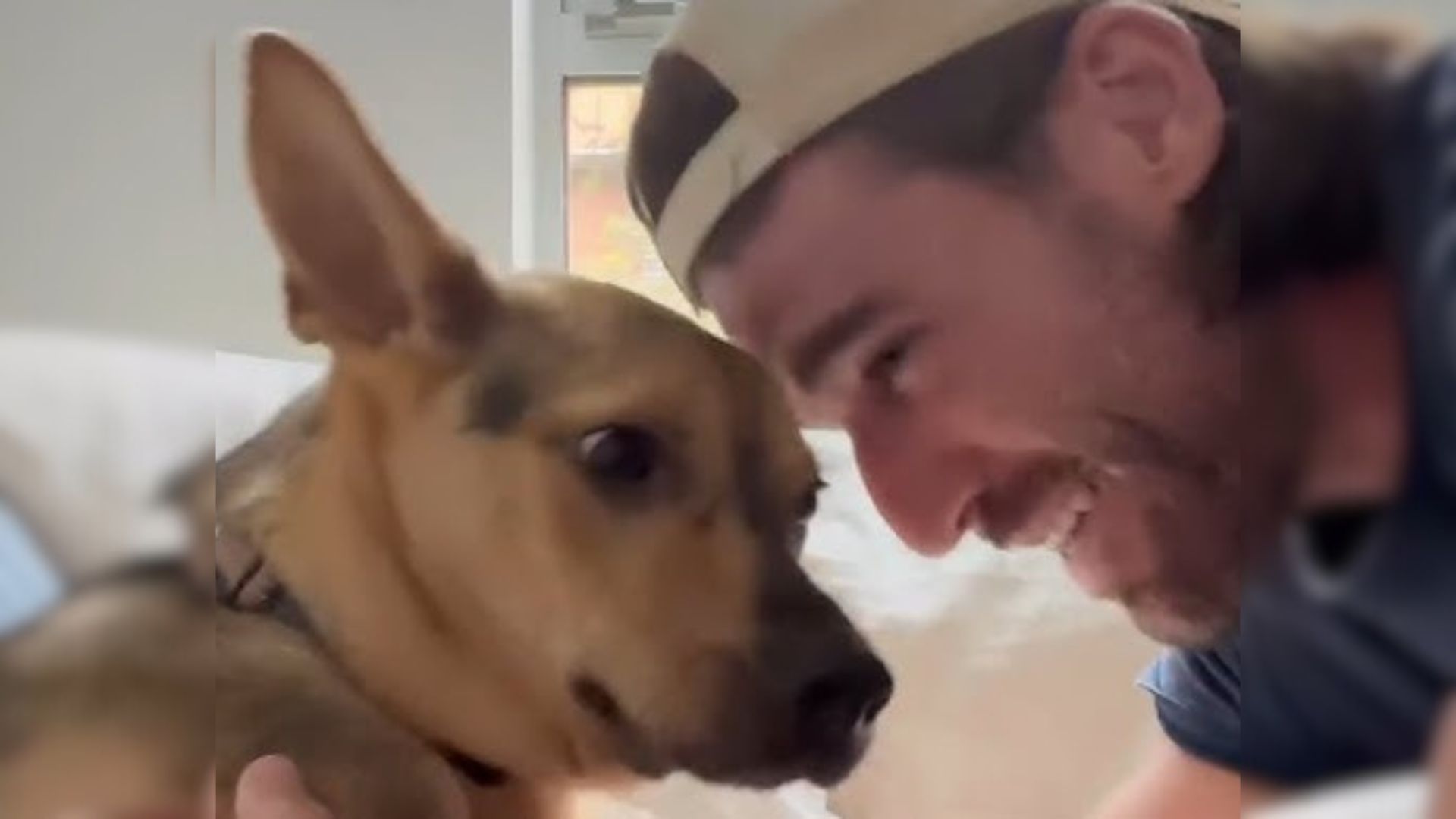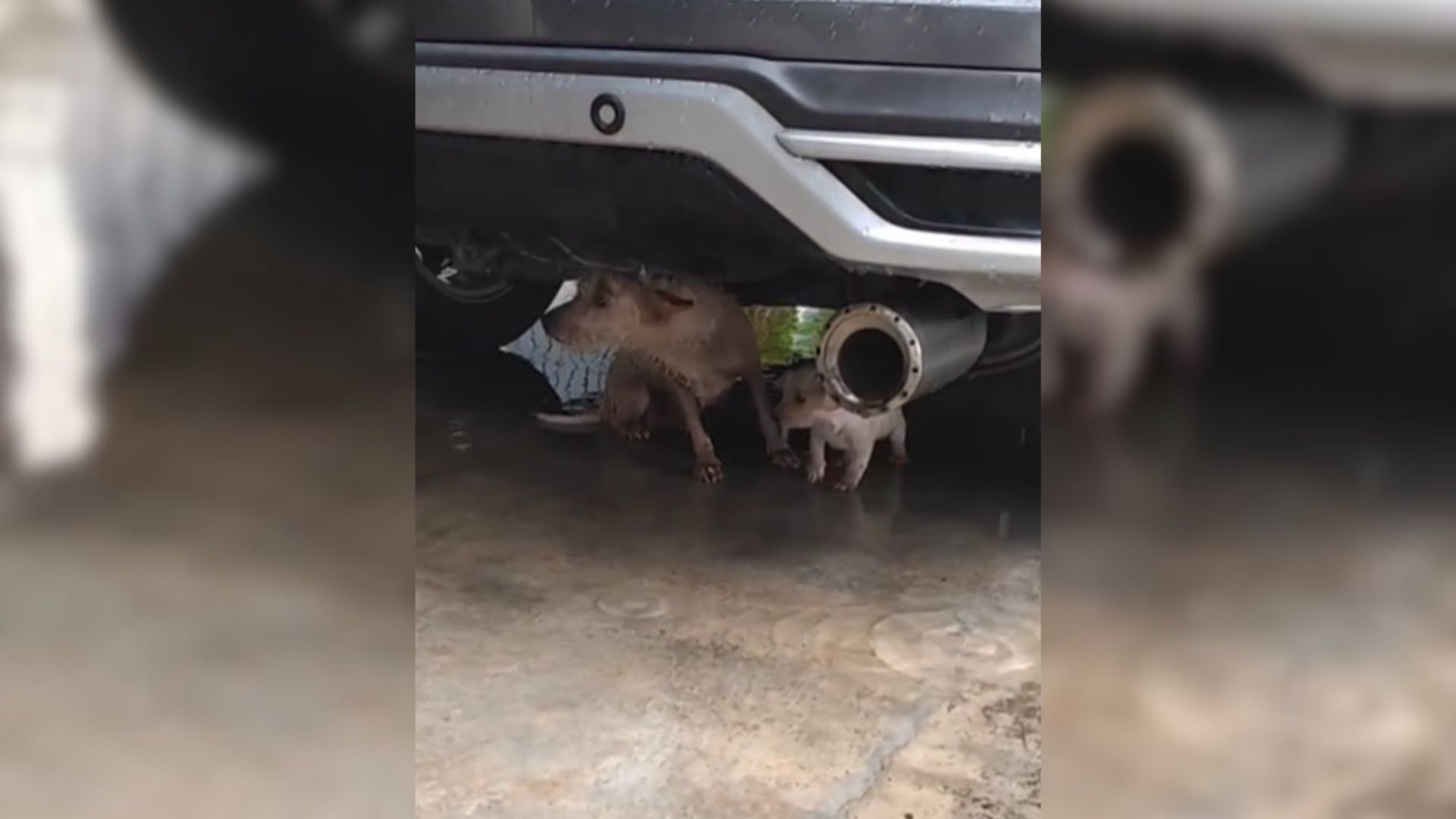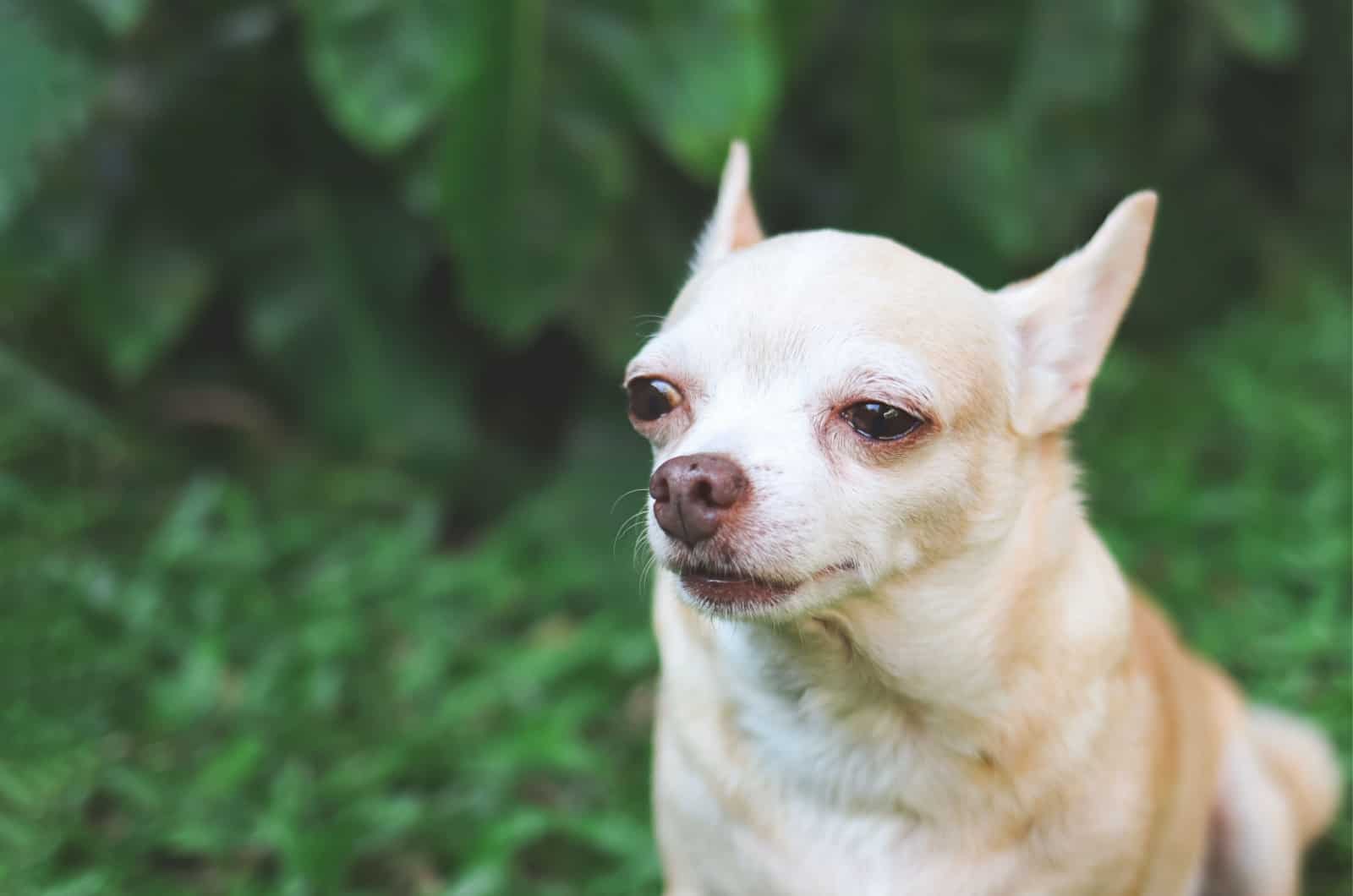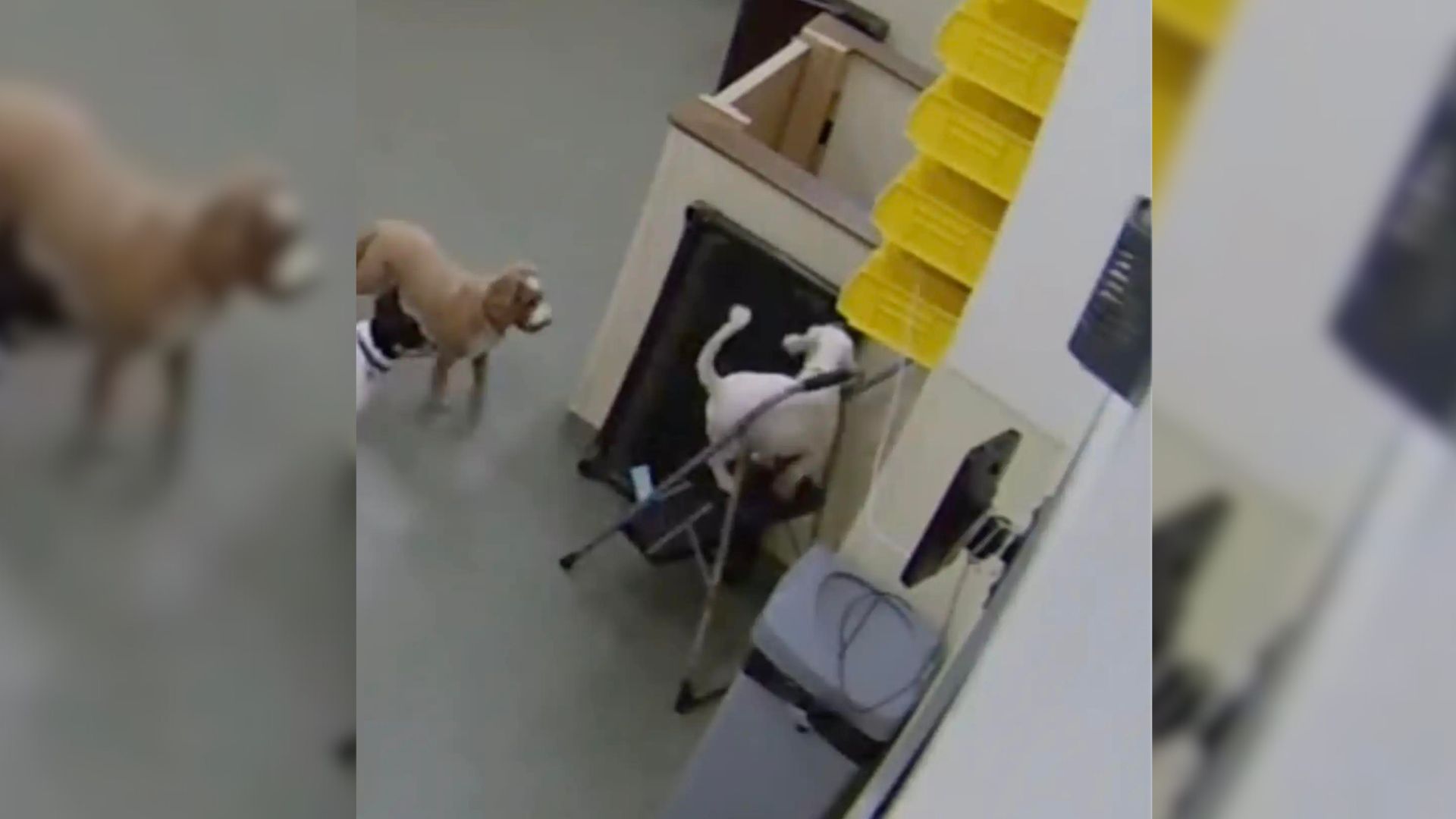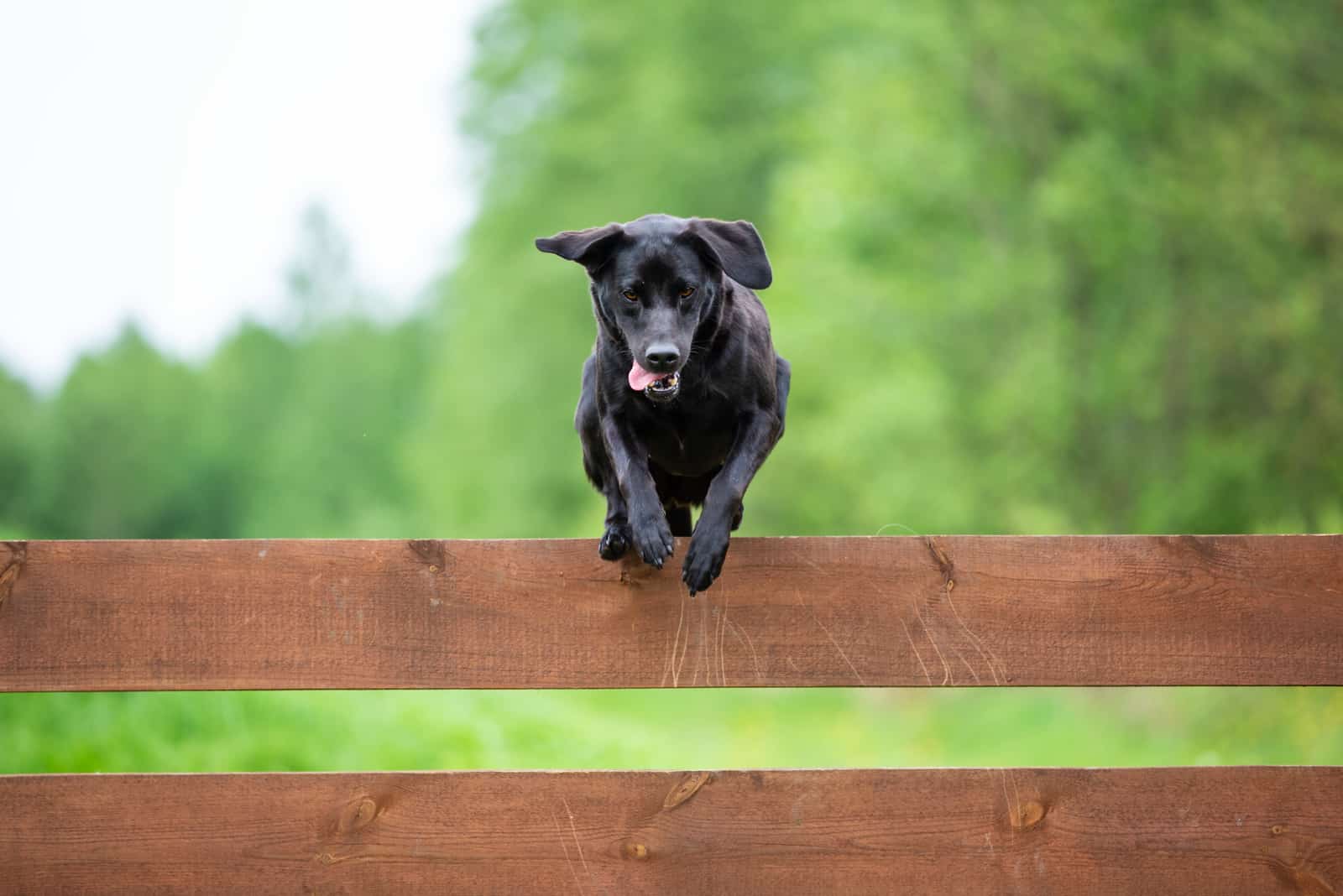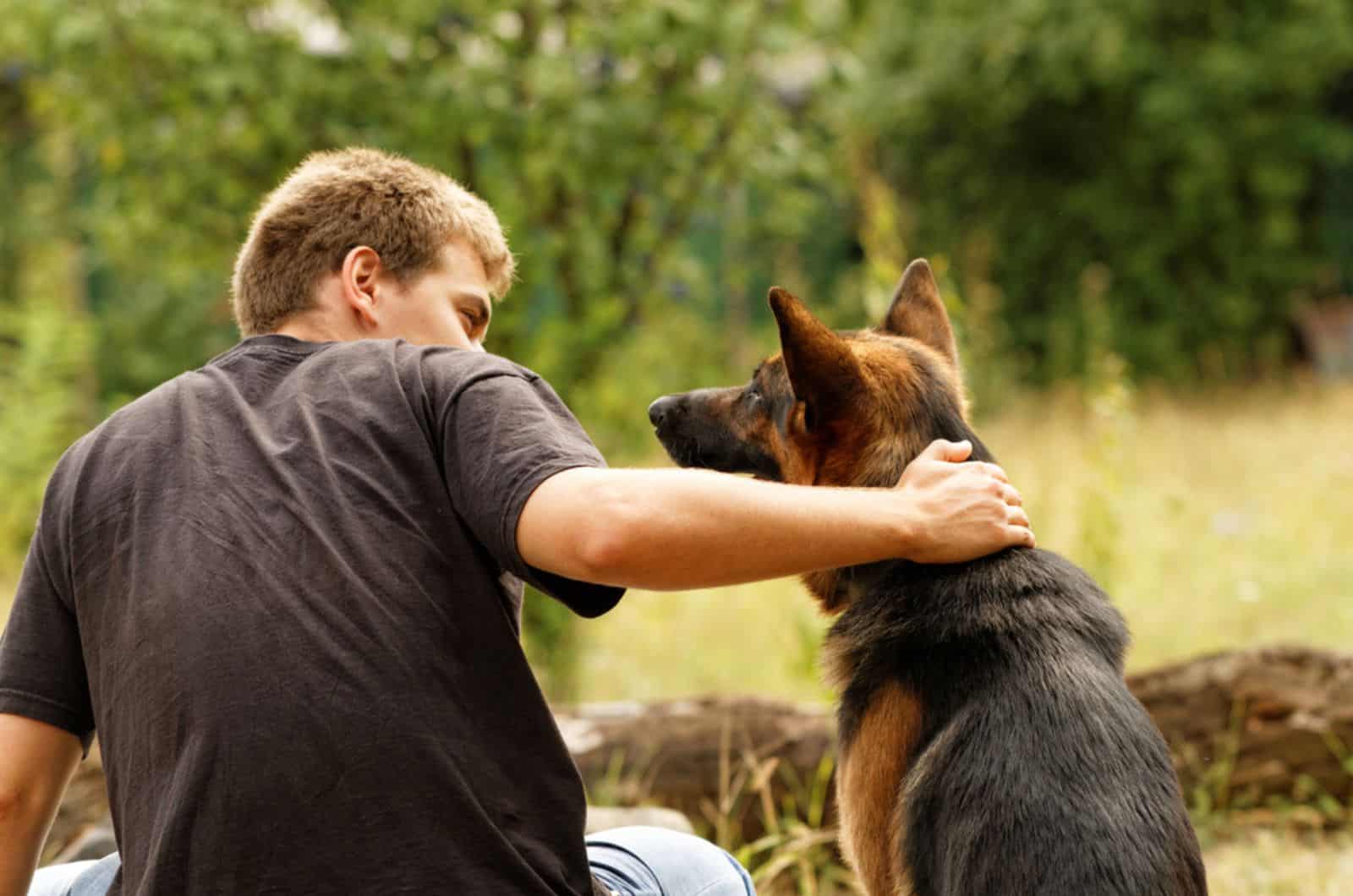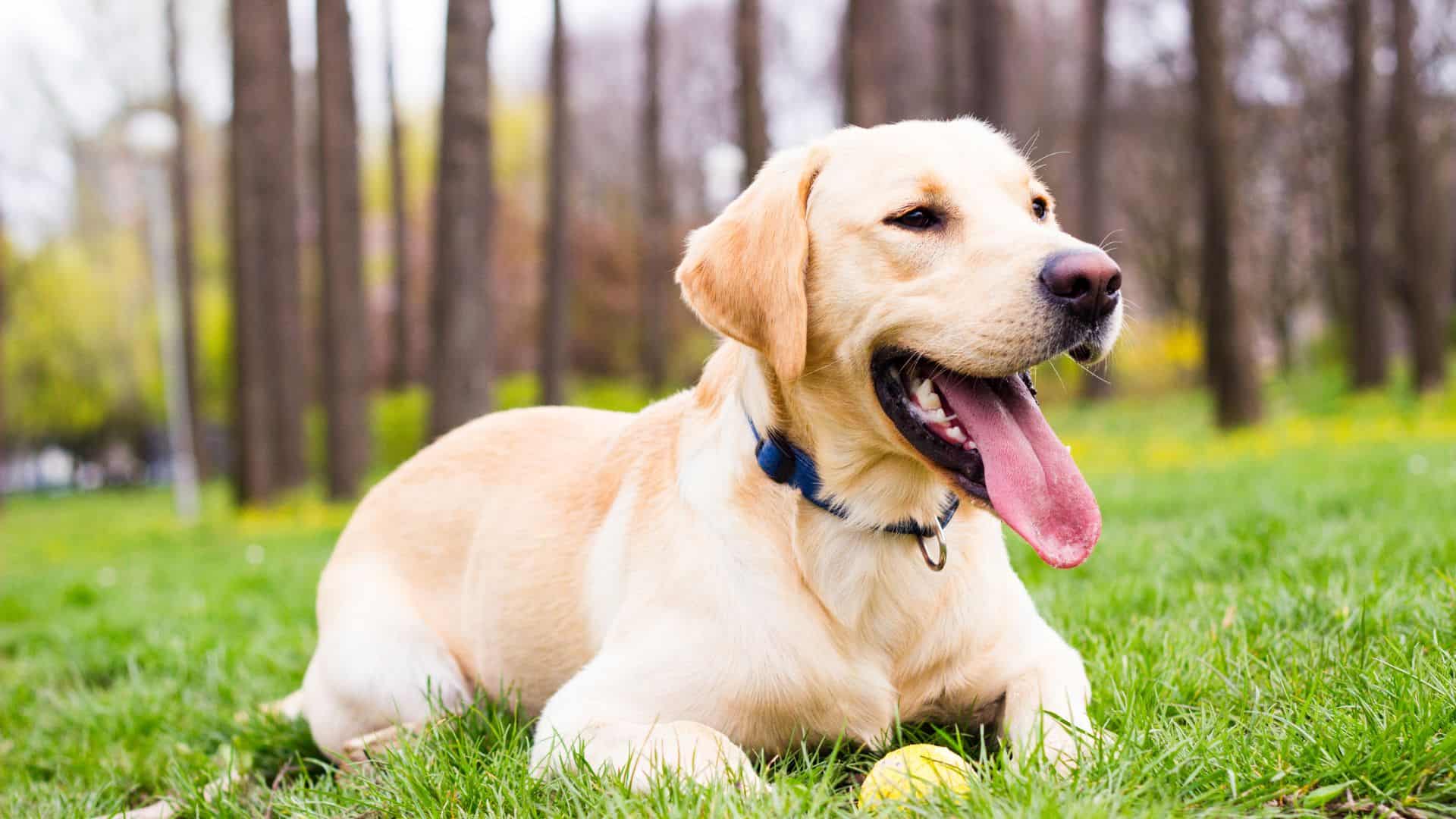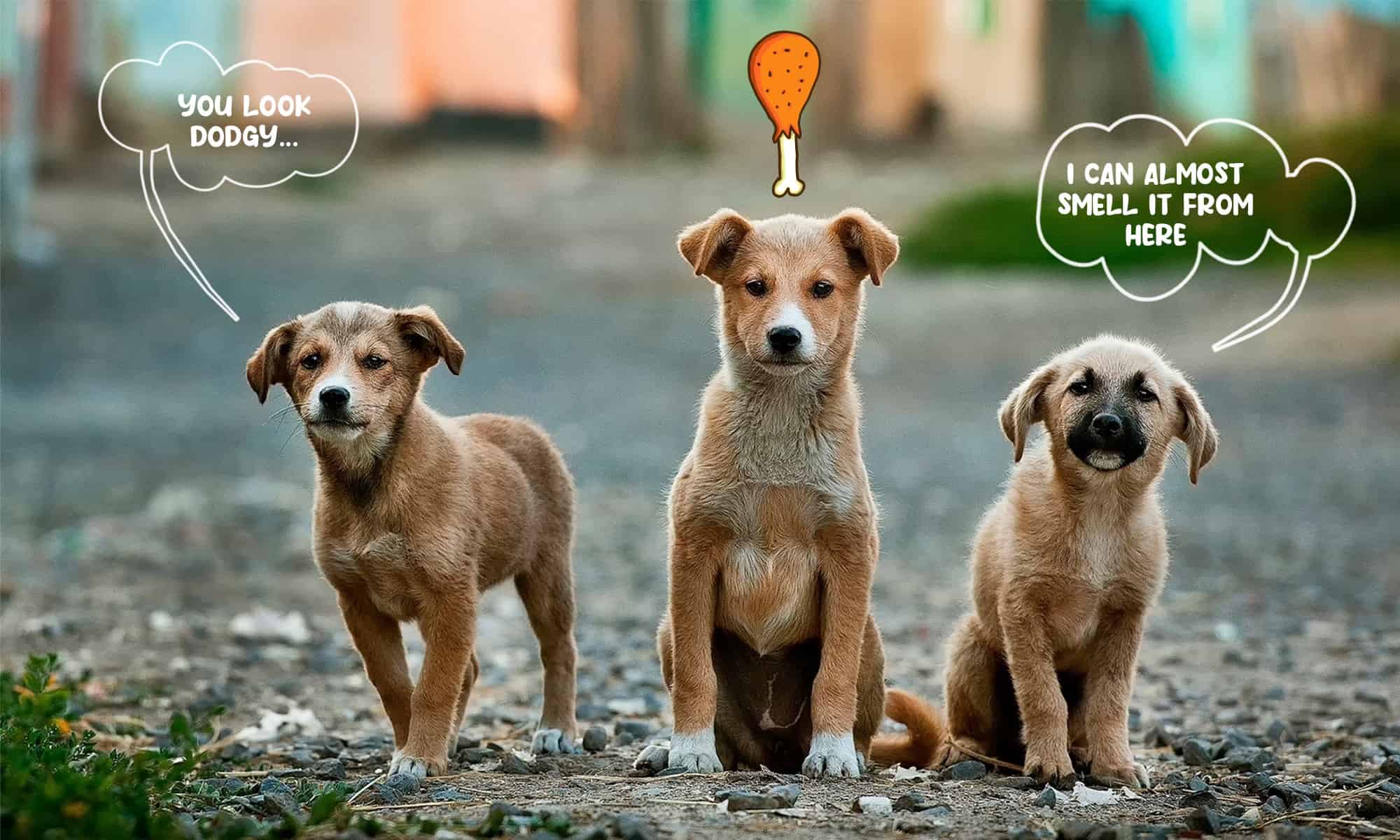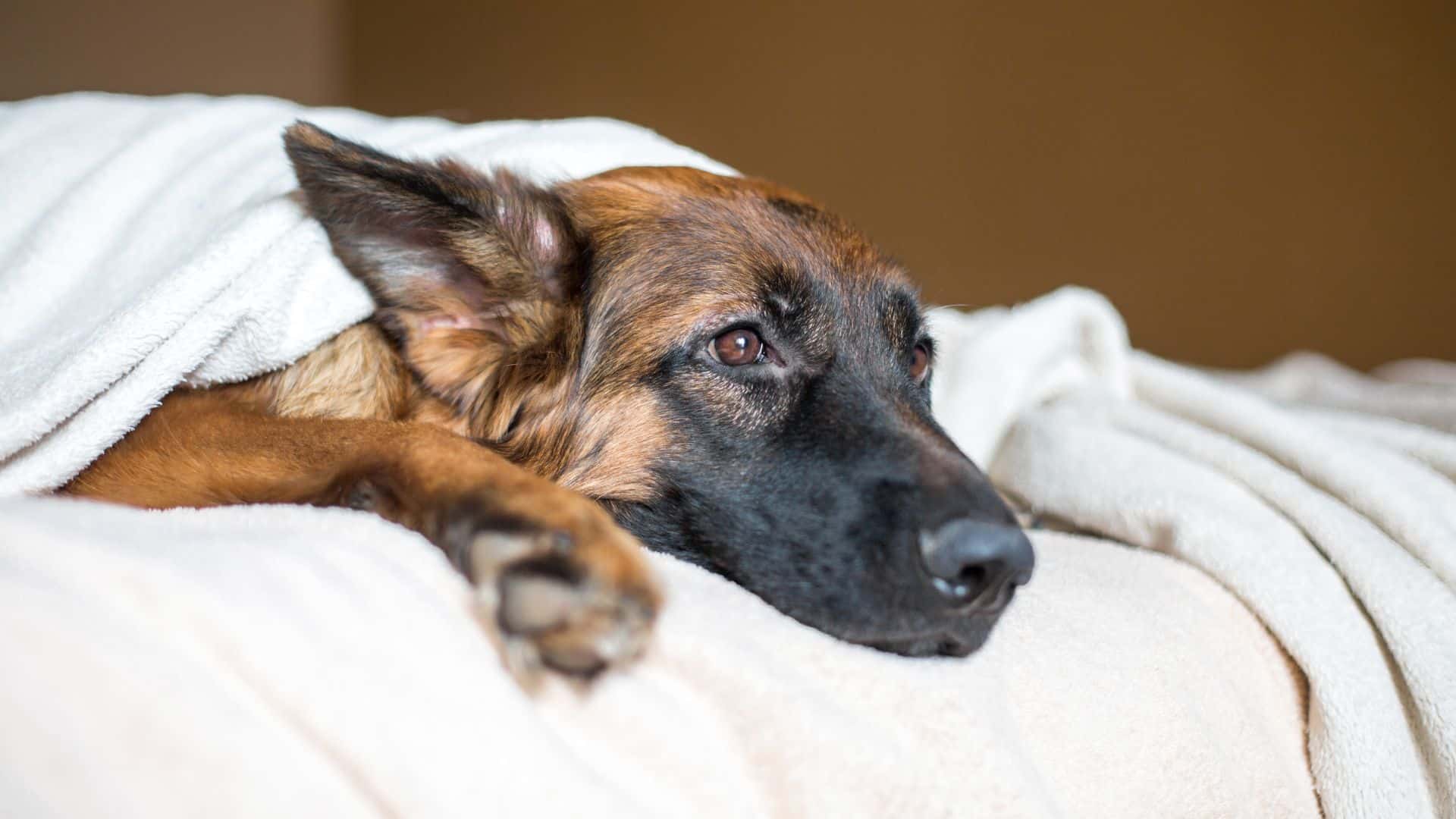If you have owned a dog for some time, you have probably gained a rough insight into its daily routine. You already know how many times a day your puppy will eat, how many naps he will need, and how many times you should take him outside.
Also, urinating is something that you need to observe in your dog. While this may sound ridiculous to you, by noting the color of your dog’s poop, you can learn a lot about his health! And, what about urine?
Your dog usually pees after drinking water, the moment he first gets up, and every time you take him out. But, all of a sudden you’ve noticed that he is peeing a lot more often than he usually does.
If it seems to you that your puppy pees a lot, it is possible that he might be struggling with a certain health problem. Especially if this started happening suddenly and he has already gone through the potty-training process.
There is no need to panic, because there is no problem that can’t be solved by calling your vet.
And we are also here to help! Today, we’ll bring you a list of reasons why your puppy pees so often and what you can do to help him.
Why My Puppy Pees A Lot
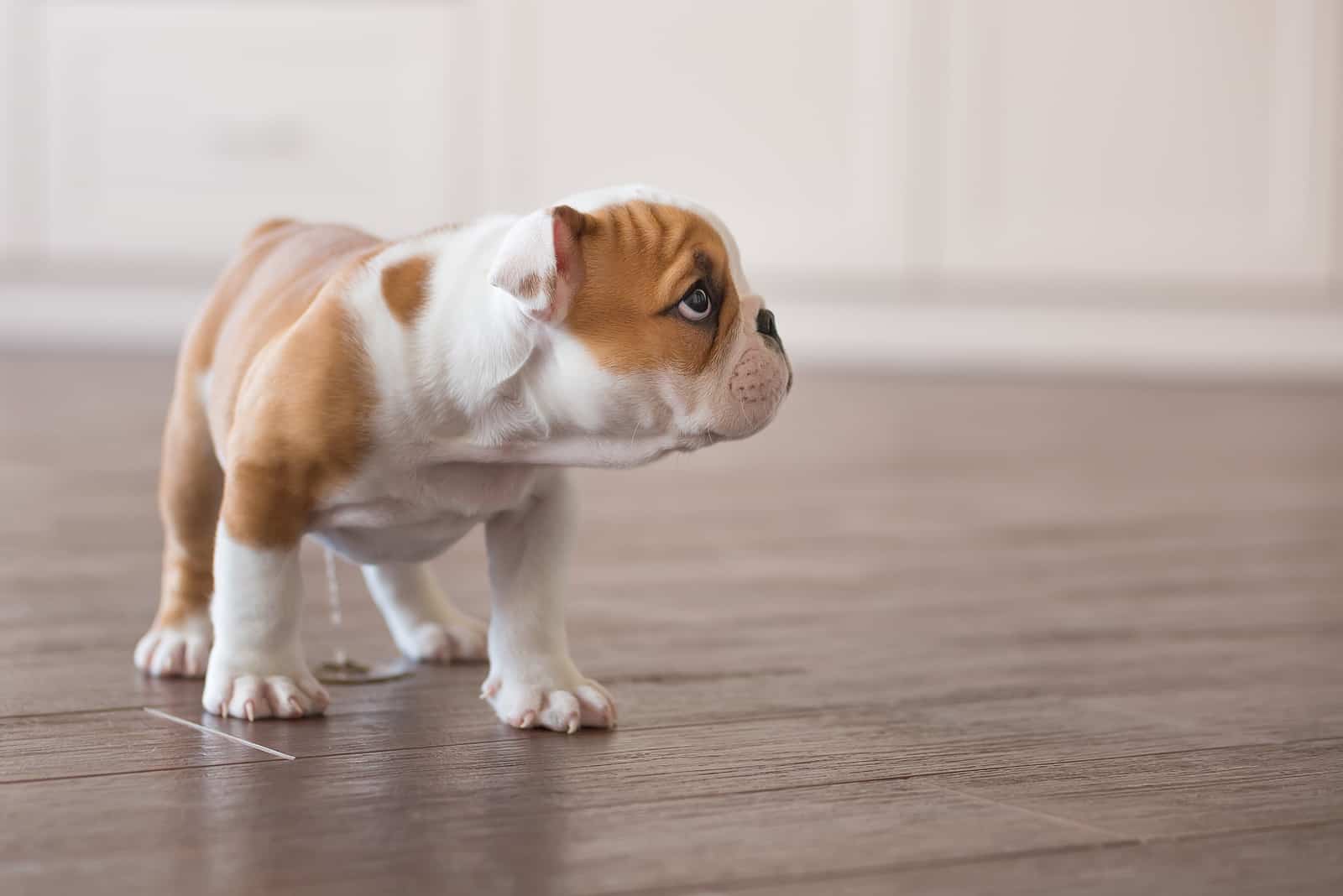
Sometimes, frequent urination in a dog can be completely harmless. It could happen due to too much water intake, therefore, observe your dog for a few more days to make sure that excessive urination does not recur.
However, if your puppy pees too often frequently, this might indicate a disease present in his body.
If you notice that your dog pees every few minutes during a walk, and it’s only a very small amount of urine, do not pause to think about whether this phenomenon is harmless or serious. Consult your veterinarian immediately!
If it turns out to be a more serious infection, early detection of a disease gives a greater chance that the disease will be completely cured.
How Often Is Too Often For A Puppy To Pee?
Let’s first find out how often it is normal for a dog to urinate at different stages of their development.
A 10-week-old puppy will probably pee every 45 minutes. Puppies this small have an extremely small bladder, so, to avoid accidents and a dirty carpet, your new puppy should be taken out as often as possible.
Also, be prepared to go outside with your puppy in the middle of the night, since he will not be able to control his bladder for a long period of time. Eventually, the need for frequent urination will decrease.
Although it sounds a bit daft, your coexistence with a new puppy in the house will probably revolve around his bladder for the next few months!
A 3-month-old puppy should urinate every hour to an hour and a half. A 4-month-old puppy usually pees every 2 hours, and a 5-month-old puppy pees approximately every 3 hours.
Younger dogs, as well as smaller breeds of dogs, urinate more often than older dogs and dogs of larger stature. Adult dogs need to urinate on average 3-5 times a day.
By following these average values, you can roughly estimate if your dog pees too often. If you notice excessive deviations from these values, there is probably a health issue underlying somewhere.
Puppy Pees A Lot: 5 Common Causes
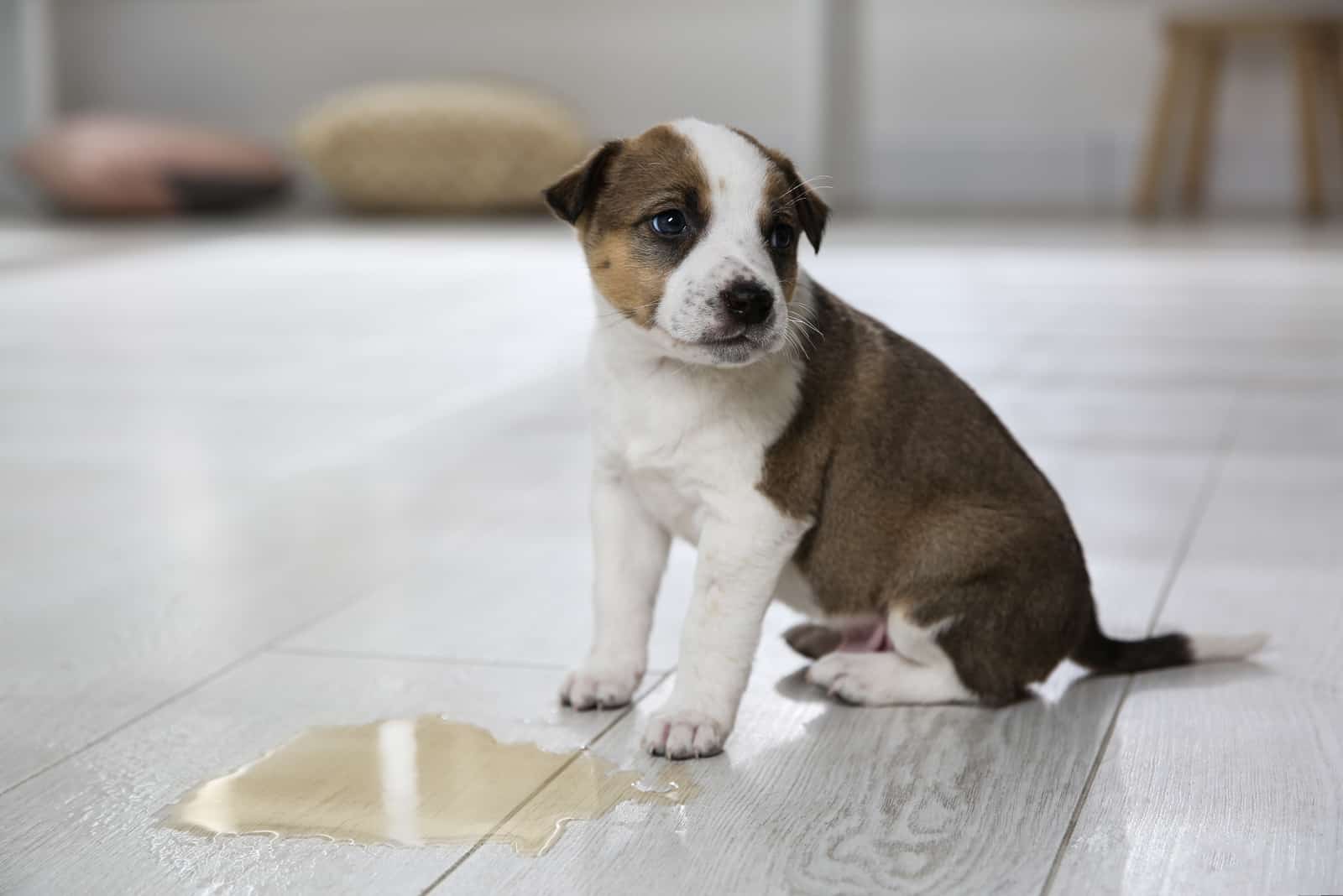
You have undertaken house training your puppy to potty and over time he has learned to defecate outside. Sometimes he even lets you know that you need to let him go outside because nature is calling!
So, you are now asking yourself: Why is my puppy peeing so often all of a sudden?
Furthermore, apart from the fact that you have now noticed frequent urination, your trained dog has also urinated inside the house several times.
Obviously, something is going on, so, let’s find out what the 5 main causes are for your puppy peeing too much.
1. Your Puppy Is Marking His Territory
You must have witnessed how your dog marks his territory by peeing during a walk. But, this has now started to happen inside the house or on your terrace! Why is this happening?
When new things or new people start to appear in their environment, dogs often react by marking their territory. For example, if you have recently become a parent, a new baby in the house is a big change for your dog as well, so don’t be surprised if he tries to mark his territory by peeing.
He can react the same way to new household appliances or anything inside the house that he has not seen before.
If you notice frequent urination, first, pay attention to when this happens and whether there is any new novelty inside the home that could have been the trigger for this type of behavior.
2. Puppy Might Be Stressed Or Anxious
Have you only recently started leaving your puppy alone at home? This situation is equally stressful for both the puppy and the owner. During your first days at work, you are nervous and think about how your dog will handle the fact that you are not at home for a few hours.
Frequent peeing in dogs can be caused by separation anxiety. So, in these cases, separation causes behavioral problems in a dog. Try asking one of your family members to check on your puppy while you are at work. You could also hire a professional dog walker.
This way, the puppy will have his potty break and will also have contact with people while you are away. This can significantly reduce behavioral issues that are caused by separating the dog from his owner.
3. Puppy Is Too Excited
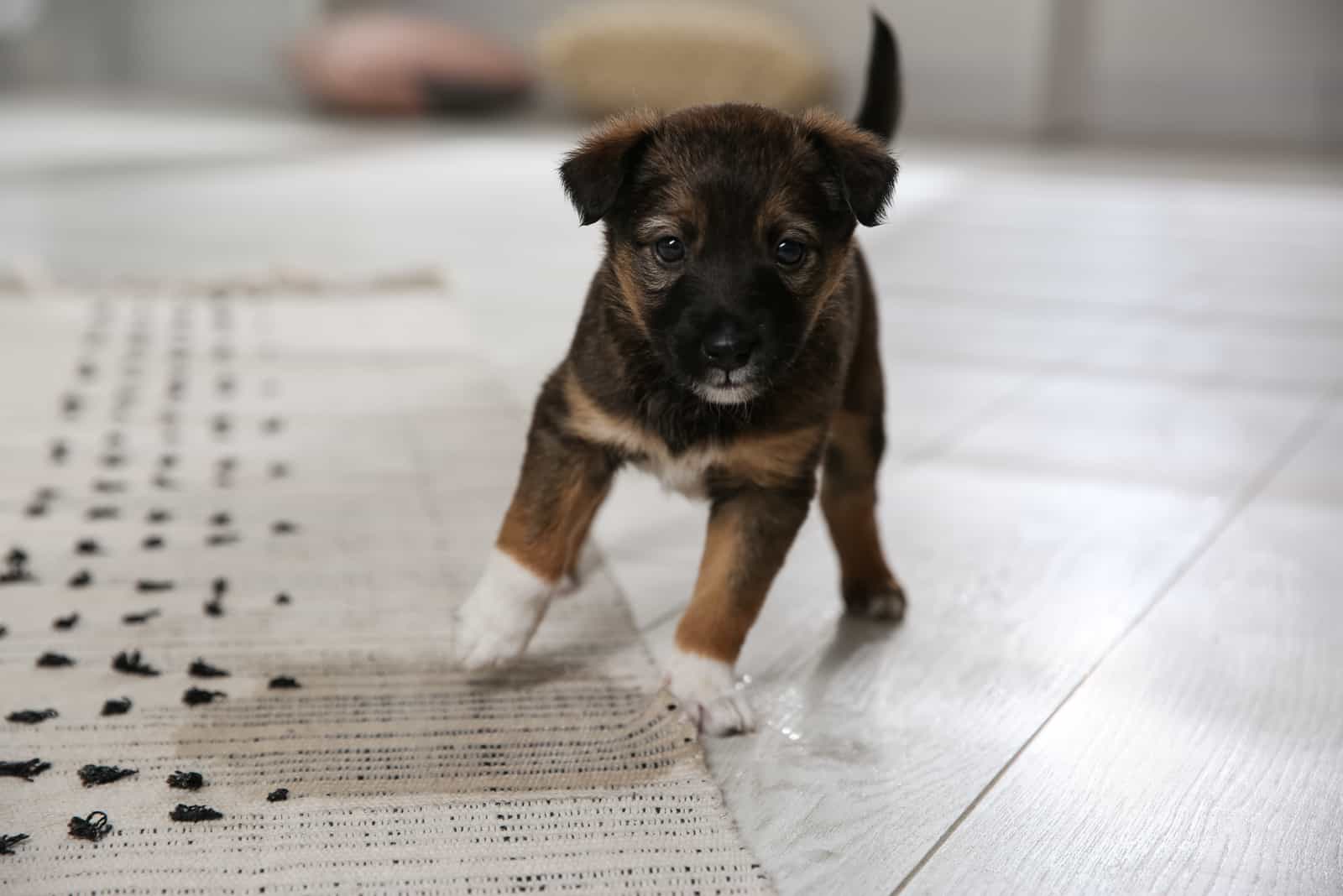
In addition to showing that a dog is under stress, excessive urination can be the result of your dog’s over-excitement!
If you notice that this happens when new people come into the house, it is very possible that your dog is simply too excited and urinates spontaneously. Maybe the culprit here is a lack of dog training!
So, it is a good idea to hire a professional dog trainer, especially if the kennel you bought your dog from has not provided the basic training and socialization skills for your dog.
It is important here that you do not punish your dog for uncontrolled urination. Almost all young puppies have this problem: don’t forget how poor their bladder control is at the beginning! The peeing through excitement phase usually stops by the age of 6 months to 1 year.
If this is not the case, try to distract your puppy with a specific activity when your guests are about to arrive. It is necessary for you to create a more relaxed atmosphere, one where the dog will not pay too much attention to new people arriving at the house.
4. Medical Problems
Excessive urination in dogs can be caused by the less serious reasons we’ve mentioned above. However, it can also be caused by medical issues that need to be addressed urgently.
What are the health problems in dogs that frequent urination can indicate?
Urinary Tract Infection (UTI)
If you notice that your dog pees too often and it looks like he is in pain whilst urinating, it is possible that he is suffering from a urinary tract infection. Additional symptoms of this infection can also be blood in the urine and an unpleasant odor.
The main cause of a urinary tract infection are bacteria that move through the urethra and make their way to the bladder.
If you contact your veterinarian and describe these symptoms to him, he will instruct you to bring a dog urine sample in, to confirm if this is a medical problem causing distress to your dog.
Bladder Infection
Frequent urination can also be a sign of a bladder infection in dogs. Such infections are more common in female dogs, and additional symptoms include pain during urination, the dog licking her genitals and butt, as well as a loss of energy.
Such infections are not uncommon and can be easily treated with antibiotics. However, they cause great discomfort and pain in dogs, so do not wait if you notice these symptoms in your puppy. Contact a veterinarian immediately!
Kidney Infection
Kidney problems in dogs can be a very serious medical condition that, if left untreated, can even lead to sepsis and death. Kidney disease is caused by bacteria that are found in the urinary tract and urethra and that then travel to the kidneys.
In addition to urinating excessively, you may also notice intense thirst, abdominal pain, fever, and signs of depression in your puppy.
If kidney disease is noticed in time, it can be treated with antibiotics. If it is at a more severe stage, surgery may be needed.
Diabetes
Just like humans, diabetes can affect animals. There is no specific cure for this disease, so a dog suffering from diabetes will need lifelong treatment. If the dog’s body lacks insulin, there is an imbalance in fats, proteins, and carbohydrates.
This disorder causes either an increased concentration of glucose in the blood or glucose in the urine. If you notice symptoms such as frequent urination, increased thirst, and impaired vision in your dog, this means that his body is not getting enough sugar and therefore, cannot function normally.
If your veterinarian has diagnosed diabetes in your dog, he will prescribe an appropriate diet and the dog will need to receive insulin doses on a daily basis.
Cushing’s Disease
Cushing’s disease is a severe medical state that most commonly affects older dogs. This health condition is caused by elevated levels of glucocorticoid hormones in the blood, which are secreted by the adrenal glands.
This disease can also be an indicator of adrenal tumors in dogs. Common symptoms of this disease are frequent urination, increased thirst and hunger, as well as various neurological signs.
The disease is incurable, but with medication and regular checkups by a veterinarian, your senior dog can still have a long and high quality life.
When you contact your vet and inform him about the symptoms your dog is struggling with, the next step will be to find out which disease, out of the previously mentioned, your puppy is dealing with. To determine this, your vet will analyze your dog’s urine and will do any necessary blood work.
5. Incontinence
Another reason why your puppy pees a lot is incontinence. This is especially common in older dogs, whose muscles are weakened and who have much less control over their bladder.
Also, incontinence is more common in females than in male dogs, and is especially common in neutered females.
Related: How Long Will My Dog Be In Pain After Neutering? Pain Management Tips
Incontinence is something that a dog cannot control, so every dog owner should show understanding and support to their pet if this problem occurs.
What Can I Do To Reduce The Frequency Of My Puppy Peeing?
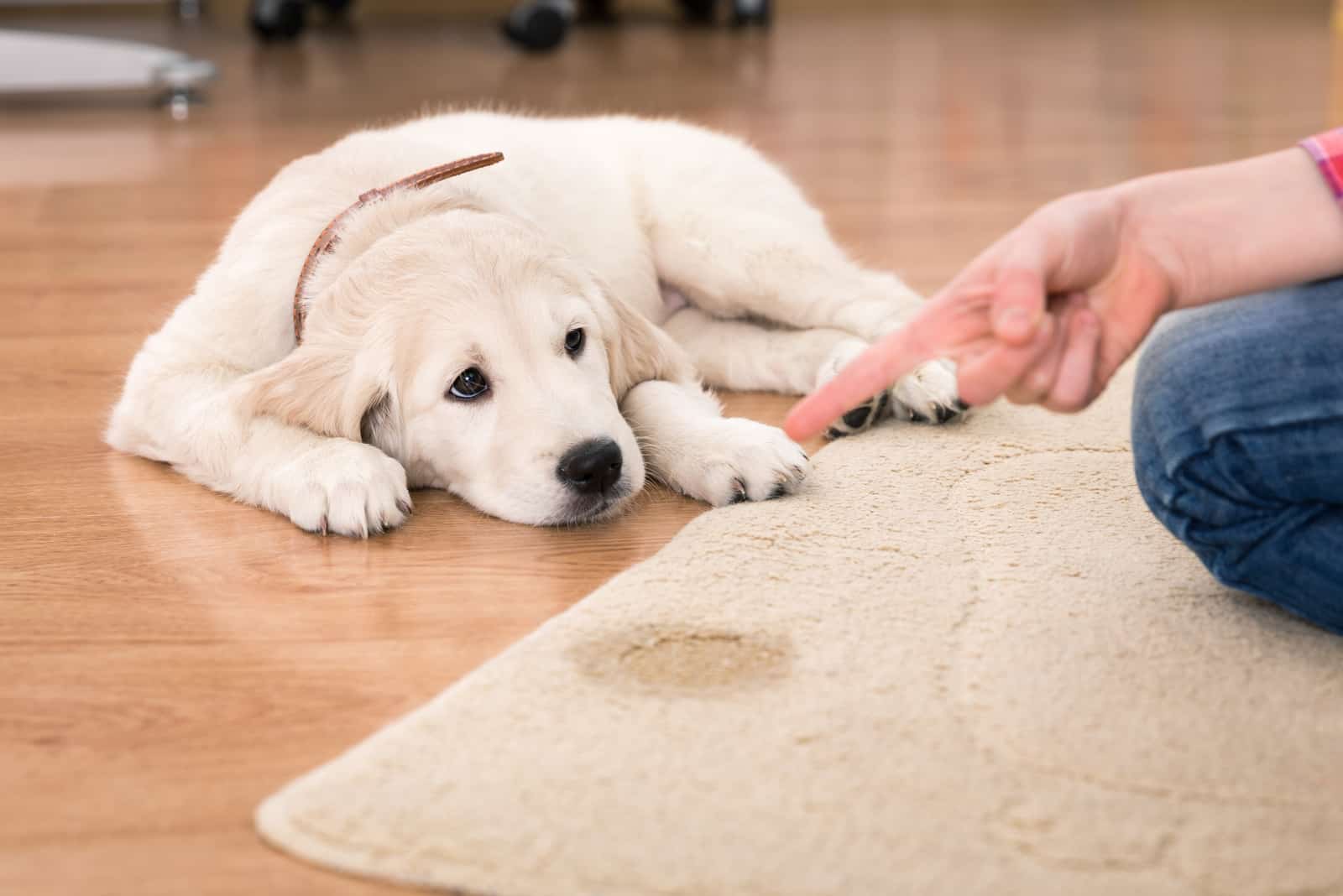
If you have sought the help of a veterinarian and the examination has identified a specific medical problem in your dog, the dog will receive appropriate treatment.
But, there are steps you can take at home to help your dog if he has trouble with urinating too frequently.
Let’s see what every dog owner can do to help his puppy feel better.
Pay Attention To The Water Bowl
Every person who has a dog knows all too well how important it is that fresh water and food are available to the dog. However, this does not mean that both food and drink should be available to him throughout the whole day.
Although you may think you are doing him good, if you give your puppy too much food, he could develop an obesity problem. Also, if his water bowl is full all day, a bored dog may constantly drink water, even when he doesn’t need it, which can then lead to frequent urination.
Of course, you don’t need to deprive your puppy of water! Just pay attention to how much water he is drinking. Also, make sure to give him water after each meal, after he wakes up, and about 2 hours before he usually goes to bed.
Show Understanding And Patience
Your puppy pees a lot and almost always does this in places he really shouldn’t. You are tired of constantly cleaning and trying to explain to your puppy how he can warn you in time that he has to pee?
We know that situations like this can be very exhausting. However, try not to punish your dog and do not yell at him. Doing so can further aggravate your dog’s problem with excessive urination. Maybe your dog pees too often because he is just scared or nervous.
Related: Will My Dog Forgive Me For Hitting Him? Advice For Dog Owners
Therefore, try to pet your dog and let him know that your house is his safe haven. This kind of problem is very likely to be resolved quickly, and I’m sure you don’t want to ruin your relationship with your pet by punishing him.
Try Crate Training
If your dog usually spends time alone at home while you are at work, accidents with frequent peeing can be even more common. In these cases, it is a good idea to try training your dog to stay in a crate while you are away.
Although at first the dog will probably pee inside the crate, over time he will learn to urinate outside. If a dog spends several days in a row in a crate for several hours, he will realize that this is his sleeping area.
He will also soon realize that you will let him outside the crate to pee once you get home. This is not an easy process and you will probably have to clean your dog’s crate a large number of times, but it will pay off in the end.
In this way, you will reduce the frequency of urination in your dog, and at the same time, you will teach him to defecate in the right place.
Conclusion
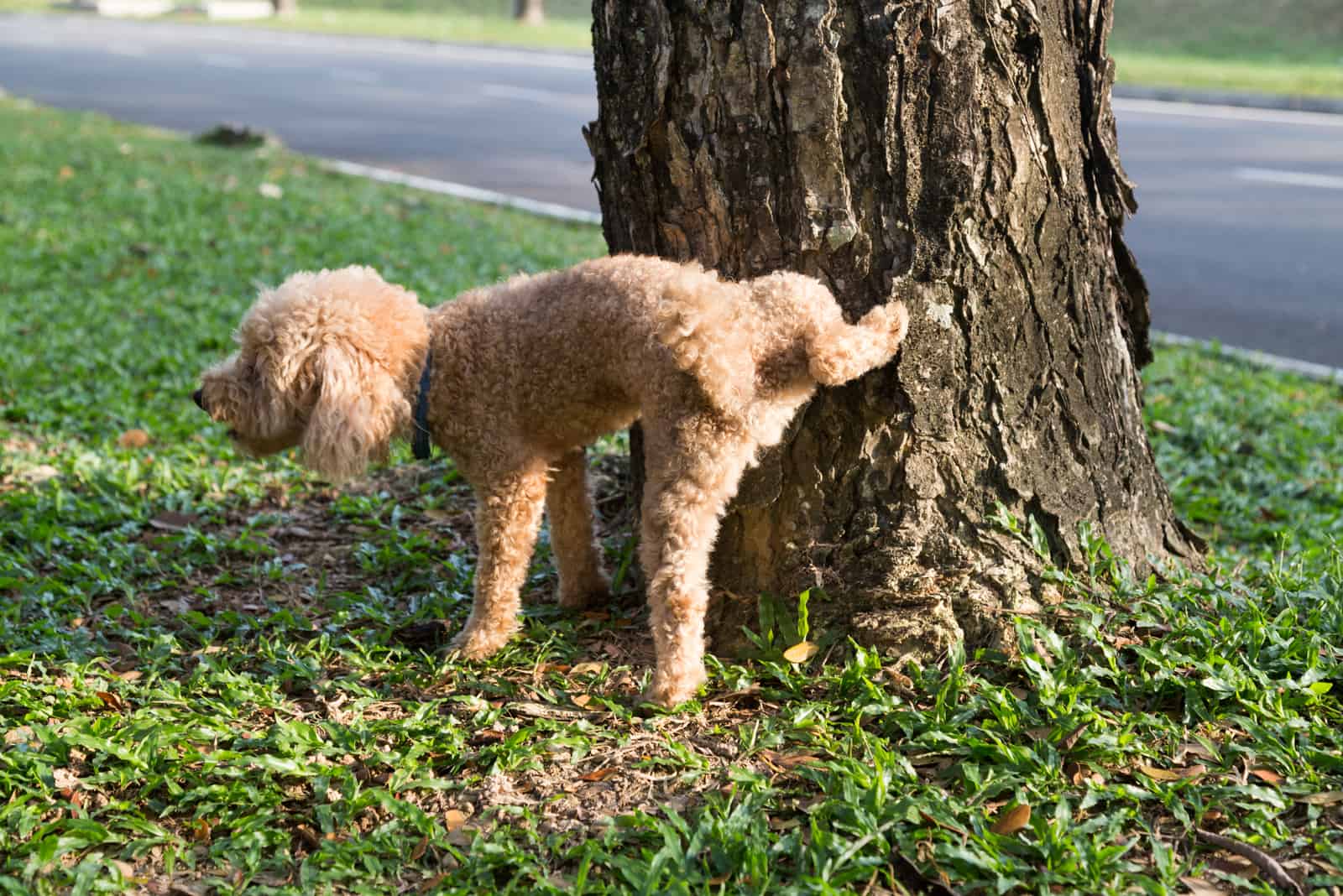
We hope that with the help of our article today, you got the answer to your question of why your puppy pees a lot. Maybe he just drank too much water that day, or maybe he’s nervous and sad because he’s separated from you.
However, it is also possible that there is a bigger problem, such as the existence of health problems, like diabetes or a urinary tract infection.
So, excessive urination in dogs can be harmless, but can also be a symptom of something much more serious.
We advise you to try our tips to help your dog with a problem of excessive urination. If the problem persists, be sure to contact a veterinarian to help your puppy recover as soon as possible and return to his usual activities.
Related articles:
• Dog Urine Color Chart: What Does My Dog’s Pee Color Mean?
• Why Does My Dog Poop So Much? Healthy Pooping Amounts
• Why Does My Dog Lick Other Dogs’ Pee? Causes And Explanations

